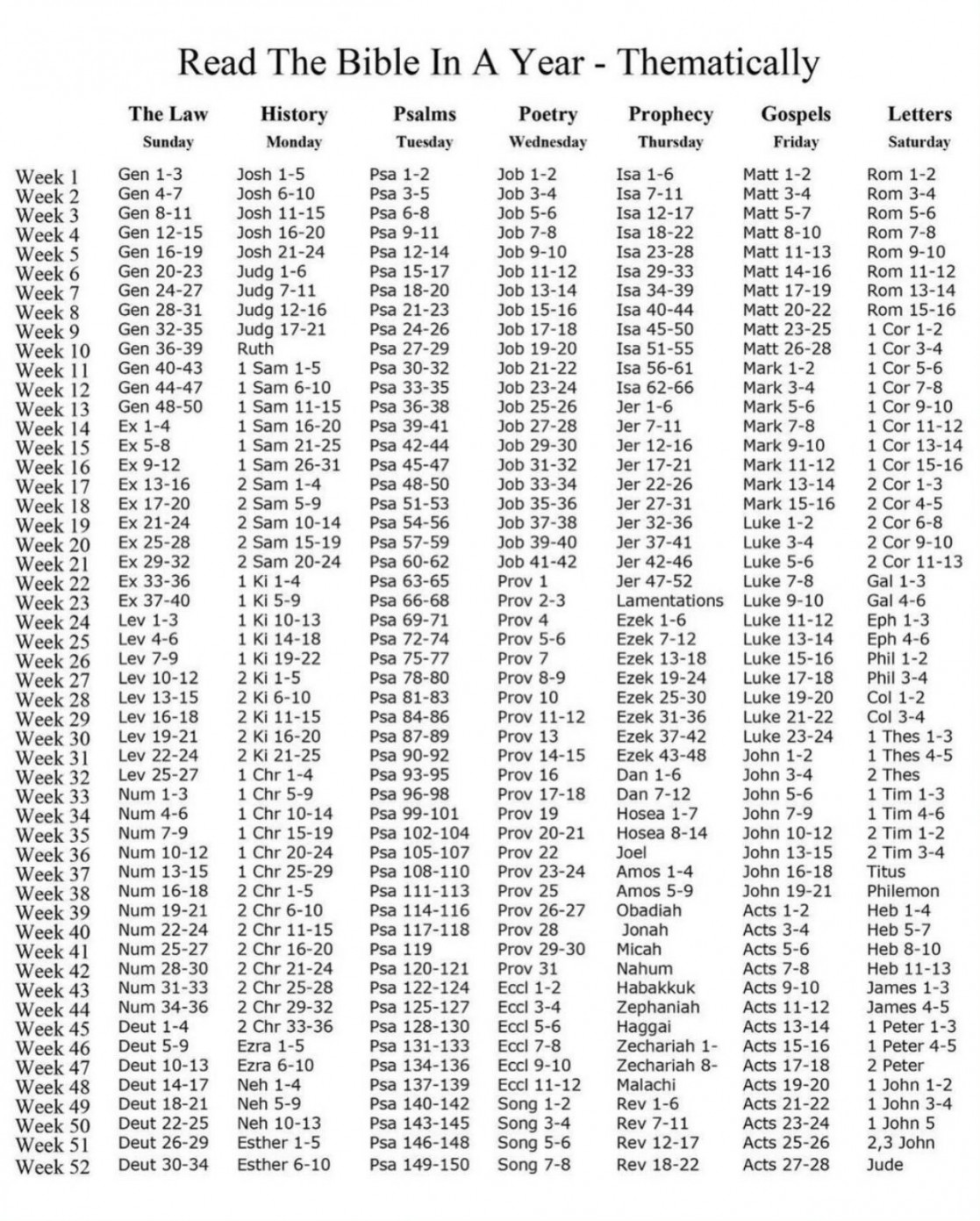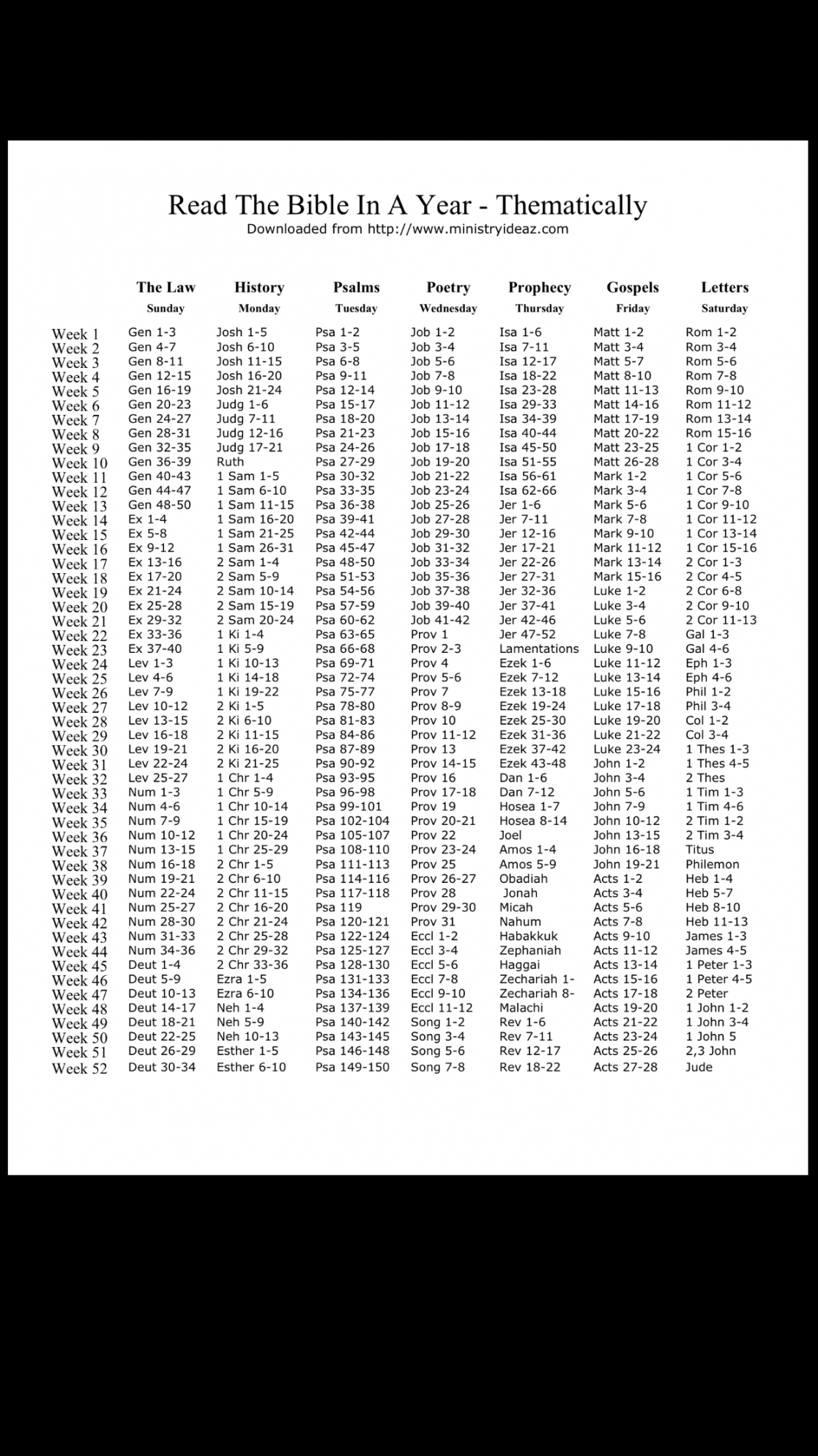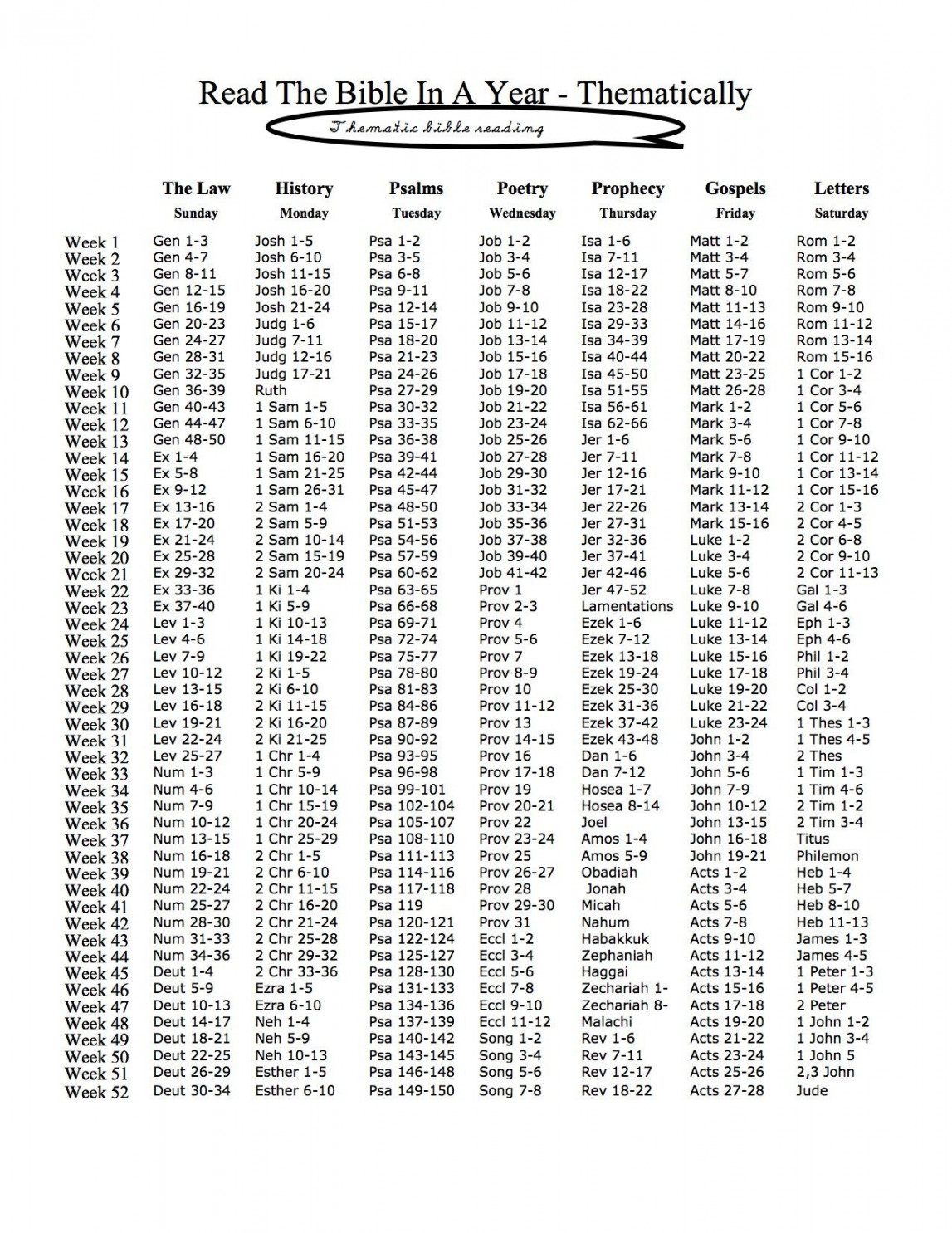Professing Faith: The troubling curse of Ham in the Bible
Q: I am doing the Bible in a year with Father Schmitz. I am trying to understand how the story of Ham who saw his father naked was interpreted to involve incest?

A: My questioner this week brings up one of the more perplexing events in the Hebrew Bible, and I cannot give a final answer.
Courtesy Photo

Gregory Elder, a Redlands resident, is professor emeritus of history and humanities at Moreno Valley College and a Roman Catholic priest. (Courtesy Photo)
The story the author refers to is found in the book of Genesis, Chapter 9. It takes place not long after the waters of the great flood subsided, and Noah and his family returned to plowing and harvesting the land. We are told that God made a covenant with Noah, and placed the rainbow in the sky as a sign of the promise that never again would God obliterate humanity. The text reads as follows:

“And Noah began to be a husbandman, and he planted a vineyard: And he drank of the wine, and was drunken; and he was uncovered within his tent. And Ham, the father of Canaan, saw the nakedness of his father, and told his two brethren without. And Shem and Japheth took a garment, and laid it upon both their shoulders, and went backward, and covered the nakedness of their father; and their faces were backward, and they saw not their father’s nakedness.”
The text of Genesis does not accuse Ham of doing anything, sexual or otherwise to Noah, but he has done something. Nonetheless Noah is seriously steamed with Ham and curses him and subjects him to the power of his two brothers. We read:
“And Noah awoke from his wine, and knew what his younger son had done unto him. And he said, Cursed be Canaan; a servant of servants shall he be unto his brethren. And he said, Blessed be the Lord God of Shem; and Canaan shall be his servant. God shall enlarge Japheth, and he shall dwell in the tents of Shem; and Canaan shall be his servant.” (Gen 9:20-29)
There are several interpretations to what was going on here. The simplest is that in the Hebrew Bible, it was considered a sign of great disrespect to see one’s parent naked. Many scriptures point to a belief in the urgency of modesty — far more than modern Americans! For example in the Book of Leviticus we read:
“None of you shall approach anyone near of kin to uncover nakedness: I am the Lord. You shall not uncover the nakedness of your father, which is the nakedness of your mother …You shall not uncover the nakedness of your father’s wife; it is the nakedness of your father.” (Lev 19:6-8)
The larger answer is more complex. One of the things which Genesis does is explain where all the nations of the earth came from, and the answer is that they are the descendants of somebody who lived long ago. Ham was to be the father of the peoples of Egypt, and his son was Canaan, the father of the Canaanites, the people who were in the holy land before the Hebrews. The Canaanites were the very ones who had to be forcibly removed or destroyed later by the Israelites in the Book of Judges. So … the story is told in such a way as to legitimize the conquest of the land of Canaan that was a few centuries after Noah. Let the gentle reader recall that the place names, Canaan, Palestine and Israel all refer roughly to the same geographical territory. It is not explicit but the implication here is that the Canaanites got what they deserved because they insulted our venerable ancestor Noah.
But back to sex … the phrase “to uncover the nakedness” is used a couple of times in the Bible as a euphemism for sex. While Genesis does not say anything about what Ham did, there is that possibility. What is more, the later people of Canaan were known to have tolerated homosexual acts, which were offensive to the Hebrews. Presumably, this is why God blew Sodom and Gomorra to bits, which again justifies the later Hebrew destruction of Canaan.
The origin of the idea that Ham sexually molested his father is found in the ancient writings of the rabbis in the Talmud. The Talmud is a very large collection of the sayings and theological reflections of centuries of rabbis, which was finally assembled in the Christian era after the destruction of the Temple in 70 A.D. In the Tractate Sanhedrin, chapter 70, we are told that two of the ancient sages pondered what Ham might have done to deserve such a curse. One rabbi says that he castrated his father while the other says he sodomized him. But we must note that this is a theological speculation, not in the original text of Genesis which predates the Talmud by many hundreds of years.
There remains yet more misunderstanding. In the later Roman and early medieval periods, Jewish, Christian and Islamic scholars speculated that the curse of Ham explained why Africans were dark skinned, since they were believed to be the descendants of Ham. This took a very ugly turn in the 15th century writings of the Dominican friar Annius, who was known even by his contemporaries for a multitude of frauds. Annius claimed that this curse of Ham explained why in the Muslim world, Africans were so often the slaves of the Saracens. With the later development of human slavery in the New World, this sad proposal was used by Southern slave owners to justify the slavery of the Africans, even though Genesis says nothing about race. No credible Biblical scholar today believes this, and Martin Luther King Jr. called the theory a blasphemy, which is “against everything that the Christian religion stands for.”
This is a long question and a very troubling theological question. Thank you for your letter.